Pet laws
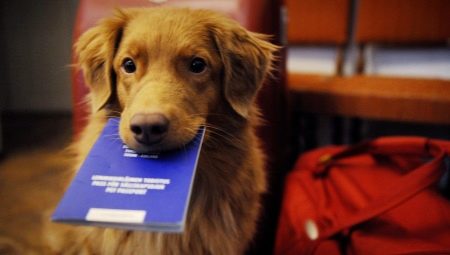
Pets, like humans, have a right to life. Man tames them - and another responsibility is assigned to him. The practice of preventing the extermination of any animal is not just an initiative of communities and protection groups, but terms and conditions, backed up by legislation.
Governing Laws
In Russia, keeping pets is governed by the following terms and conditions, acting on the basis of decrees and regulations at the federal level.
Federal Law of December 27, 2018 No. 498-FZ "On the Responsible Treatment of Animals and on Amendments to Certain Legislative Acts of the Russian Federation." The law is under consideration and approval and will enter into force finally by 2021.
Decree of the Moscow Government dated February 8, 1994 No. 101 “On the approval of“ temporary rules for keeping dogs and cats in Moscow ”and“ temporary regulations for the capture and keeping of stray dogs and cats in Moscow ”.
- Federal Law No. 4979 "On Veterinary Medicine", adopted on May 14, 1993.
No laws and bills have yet prescribed precise amendments for the species of animals tamed as pets. In other words, you can keep both a cat and a hedgehog.
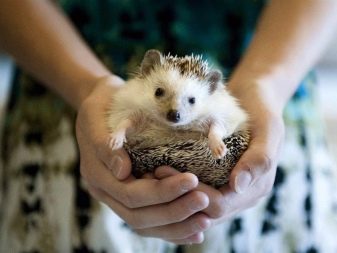
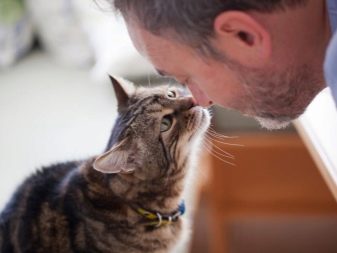
What animals are considered pets?
The most common are the dog and the cat.Some species of birds (parrots, crows, pigeons and several other species), rodents (decorative rats, hamsters, guinea pigs), small species of turtles and several other species belonging to different types also fall into the category of domesticated ones.
Predators (lions, tigers, crocodiles, wolves, etc.), some types of snakes, scorpions, etc. are prohibited for keeping at home. The issue of importing, for example, small species of monkeys into the territory of Russia, is also at the stage of solution.
Below you can familiarize yourself with the Decree of June 22, 2019 No. 795 "On approval of the list of animals prohibited for keeping."

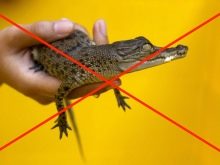
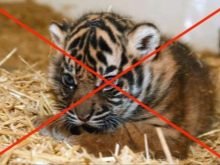
According to the law, any animal for which a veterinary passport is issued is considered a pet. It must be registered and periodically undergo the necessary prophylaxis (for example, antiparasitic). Dogs and cats should also be vaccinated against rabies regularly and wear a flea collar.
In other cases, the animal is considered ownerless, not domesticated. Animals that have not been vaccinated against rabies and their owners who have not received registration documents for them are subject to additional sanctions. The owner of such an animal pays a fine of 2-3 thousand rubles. In the next few years, there may be a massive chipping procedure for dogs and cats.
If you have an animal that is on the prohibited list, but introduced before 01.01.2020, it will be considered a pet.
The owners of such animals can safely keep them further, but it will become impossible to start new ones from the list of prohibited species.
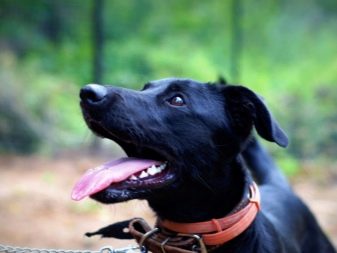
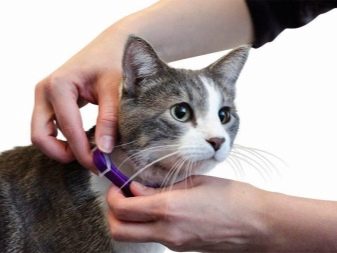
Content rules
There is a set of general rules for keeping pets in an apartment and an apartment building, the observance of which is caused by the need to prevent all kinds of accidents and other incidents that are undesirable for society in general and specific people in particular.
- The pet must live on the territory of the person who tamed it and is responsible for it. It is forbidden to let the animal go outside the apartment - for example, into an entrance, a storey hall or premises, loggias and public balconies, to a staircase, to the attic or to the basement, basements and underground passages. You cannot deprive an animal of housing and send it out into the street - you must take it to a shelter. Or, if he is terminally ill, you have the right to go to the veterinary clinic, where he will be put to sleep.
- It is forbidden to deliberately harm pets in any way. Even beatings during training are not an exception. The owner of a particular animal is obliged to provide proper care for him. Putting an animal to sleep is prohibited - except, for example, in the last stage of cancer, which is difficult to treat.
- When an animal inflicts any harm on neighbors, passers-by, its owner will be responsible for it. He will compensate for the loss and pay moral damage (by the decision of the court or other competent authorities). If the victim is injured, resulting in grievous harm, this is no longer administrative, but criminal liability.
- The owner should monitor the behavior of his pet. In particular, he should not use, for example, the fighting dog as a means of threats or blackmail. If the same animal is attacked, according to the law, the owner will be asked.
- The behavior of an animal is an indicator of the care of its owner for it. So, the dog should not move around the territory of the sports or playground without a muzzle, ride with the owner in public transport.
- A pet should not fulfill its natural needs at bus stops, in the premises of schools, hospitals, etc. If this happens, the owner is obliged to immediately clean up after the pet.
- If signs of aggressive behavior, danger to neighbors and passers-by are found, the owner is obliged to isolate the animal from other people by contacting a veterinary clinic. In the event of the death of the same animal, the owner must hastily and correctly resolve the issue of its burial, and not use a common landfill for this.It is forbidden to bury a dead animal in the ground in the courtyards of residential areas and apartment buildings. There were cases when animals infected with rabies were burned, but the corresponding service should also deal with such cases.
- It is forbidden to breed dogs and cats of special breeds to obtain meat for food or fur.
- It is also not allowed to breed or buy fighting dogs to participate in dog fights.
- Animals should not be left unattended in a closed room or car for more than an hour.


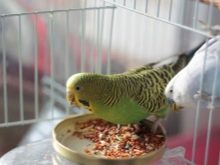
An apartment (own or temporary) should be used only for human habitation, and not for arranging or maintaining a nursery or an overexposure point, an animal shelter. Otherwise, the owner of the apartment must part with the animals or move out of this living space. The same requirements apply to communal apartments, hostels and the private sector. Inappropriate use of any living space is contrary to the Housing Code of the Russian Federation and sanitary standards.
In case of malicious, periodic violation of the rules, the owner or guardian of pets is brought to administrative responsibility.
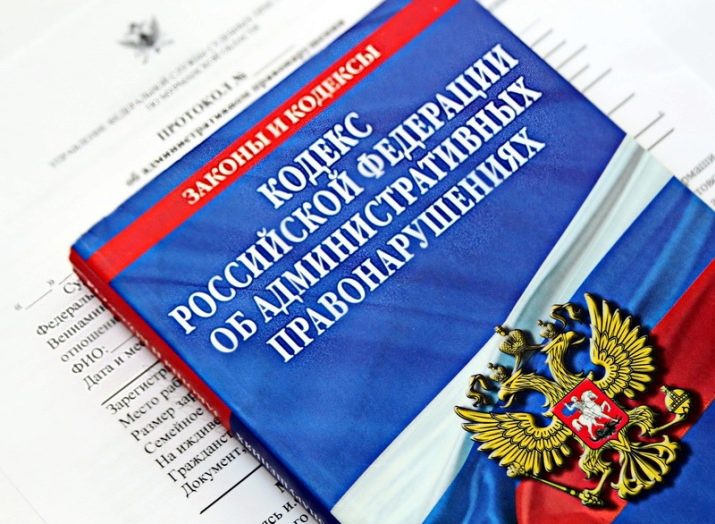
Features of keeping dogs and cats
Before you get a dog or cat, consider the following.
- The area of a city apartment may be insufficient for a dog, especially a large breed. Closure in the same room, the inability to get out even for a short while outside the house can serve as an impetus for a mental disorder. The fact is that the larger a particular individual (breed), the more living space it will require. As a result, she can become more aggressive and pose a danger to people living nearby. In addition, in the apartment, the dog can often bark - such noise disturbs the neighbors: if during the day it can be uncritical (most of them are at work), then with the onset of night (from 23 o'clock) the barking of the dog behind the wall will annoy.
By law, at night (before 7 am) there is a maximum permissible level (in decibels) for any noise. Violation of the law on the observance of silence may entail the appeal of neighbors to the police and other services and authorities at the place of residence.


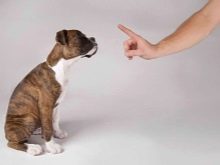
- Cats are less noisy and much easier to keep. It is unlikely that they, even meowing "in chorus", will raise a greater noise or comparable to the barking or howling of a dog, but this does not mean that the owner has the right to leave the animals uncontrolled. You cannot leave your pets for a long time (disappear for a day or more, without leaving them food and water, without changing the consumable in the trays).
The most annoying factor for neighbors is the smell of cat feces: when it is so strong that it is felt even in the vestibule and / or on the staircase, then the neighbors have the right to contact the supervisory services - up to sending a statement to the police department at their place of residence.


- Both dogs and cats require treatment or prophylaxis for parasites once a season. You need to monitor the health of your pet.


One way or another, if such violations are found, the owner of one or more pets is obliged to take action. For example, if nothing is possible to distract the dog and thereby silence it, then the walls of the apartment are sheathed with additional layers of soundproofing building materials.
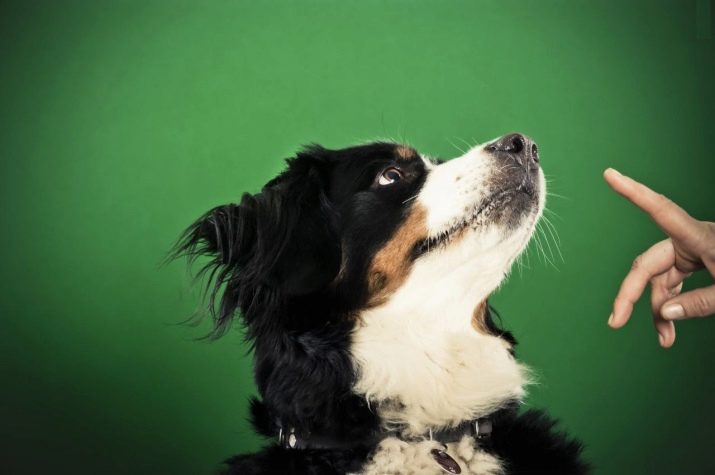
Dog walking
According to the new routine, dog walking is allowed when:
- the dog walks in a specially designated area;
- it is not released from the leash in public places (playgrounds and sports grounds, access areas of hypermarkets and kindergartens, schools, courtyards of residential areas, etc.);
- if she is tied to a leash and is wearing a muzzle (this applies to dogs of an aggressive breed (for example, fighting);
- a citizen walking a dog must be sober;
- representatives of heavy breeds of dogs (for example, varieties of fighting dogs) are walked by a citizen who has already turned 14 years old.
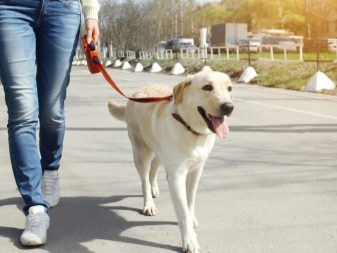
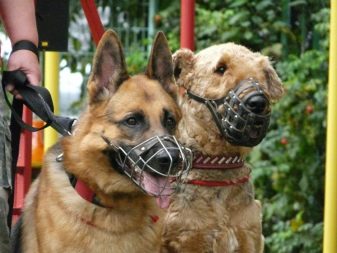
In some places not intended for walking dogs, there may be a prohibition sign or sign. The frequency of walking the dogs should be at least twice a day.
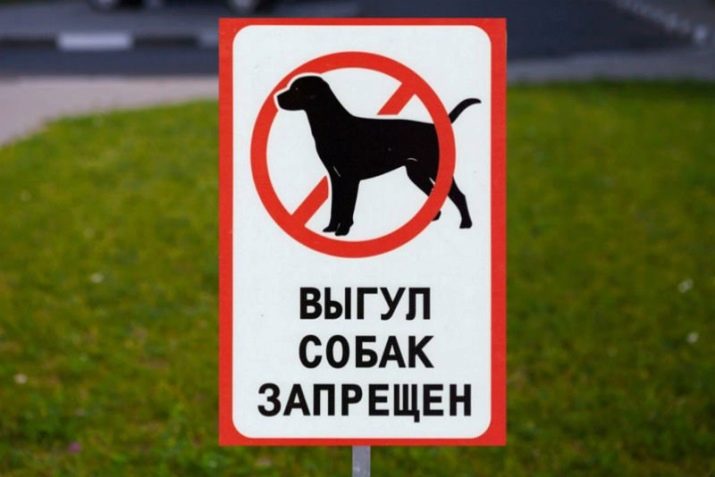
How many pets can i keep?
Keeping a cat and a dog or two individuals of the same species, as a rule, is not burdensome: everyone can easily cope with it. When deciding whether to have more pets, the most important factors are the owner's health and income, as well as living conditions.


Using pets as a source of income
Unless you are an entertainer or breeder, any use of pets for income is severely limited. The activities of zoos, dolphinariums, terrariums and other organizations with the participation of any animals must be registered and licensed.
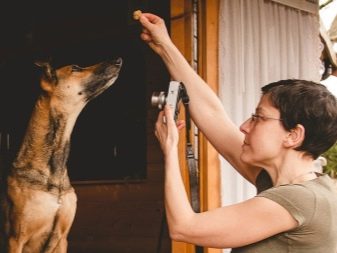

Punishment for breaking the rules
The size of the fines, if an administrative case has been instituted on this or that incident, are as follows.
- According to the law, the owner of an animal that has damaged the property of a neighbor or a passer-by will pay a fine of 4-5 thousand rubles.
- If the dog is left in the wrong place (in particular, in a public) place for a long time, the owner faces a fine of 1-2 thousand rubles.
- For cruelty to an animal, if the offender is caught red-handed, the fine may even be more than 300,000 rubles.
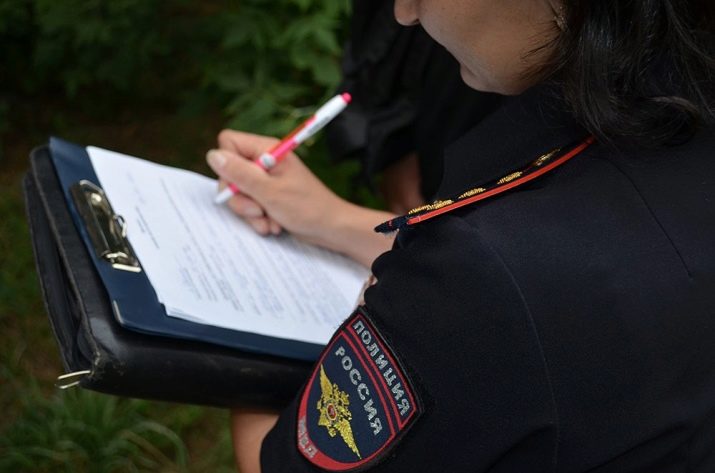
In cases where there has been a mass extermination (several or more) of domestic or stray animals, the danger of which to the people around them has not been proven, the Code of Administrative Offenses of Russia does not apply. Such a technique is considered an excess of self-defense, therefore, a criminal article on acts of cruelty towards animals can be applied. In this case, by a court decision, the offender is sent to free public works and is fined or sentenced to a certain term of imprisonment (conditional or real).
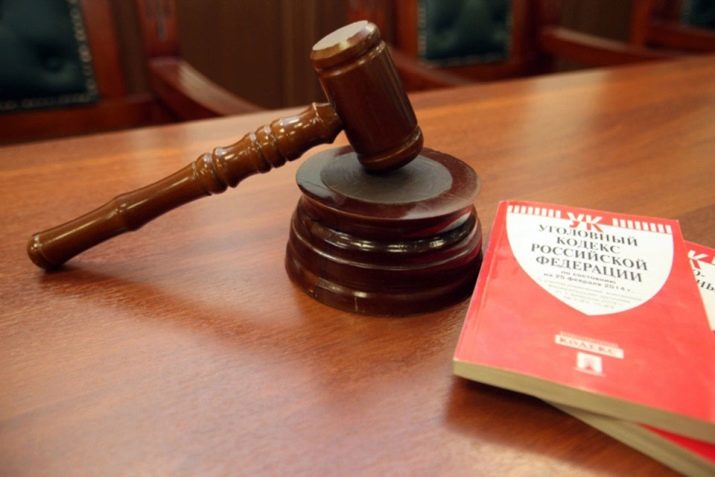
When is it clear that a dog is being abused?
Signs of such an attitude towards one or more dogs may be the following signs.
- The dog is on a short chain or leash all the time - the owner will not lower the chain or leash to warm it up.
- No dog kennel. The animal is open to the whims of bad weather, cannot hide from the heat, rain or snow. In this case, the owner does not take any measures to protect the dog from this.
- He deliberately poisons the animal with hunger, thirst, etc., the dog's suffering is unfounded.
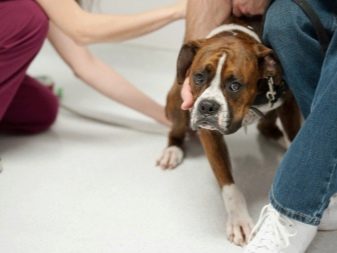

If neighbors discovered such tactics on the part of the owner, a written complaint is made against him to the prosecutor's office or to the administration at the place of residence, certified by the signatures of persons who are witnesses of the incident. At the same time, the legal adviser helps to draw up this document so that it has legal force. Attached to the case are photographic and video footage filmed by eyewitnesses of what is happening.


Quiet, unverified, night-time baiting of dogs with special drugs often takes place, causing painful death of these animals. There are even dog hunters - people who use both drugs and throwing (or pneumatic) weapons against dogs. Their activities are outside the scope of the law.
And yet, it is not a specific local resident or a group of random persons who should control the number of stray dogs (and get rid of unnecessary ones that pose a danger to people in time), but a special service. It is best to contact the administration of your microdistrict or city with this question. The representatives of the administration will call to the scene of the incident a team engaged in catching stray dogs and cats in the region.
Whatever the subject of the dispute, the issue can be resolved without contacting any supervisory services... And only if a peaceful solution to the problem does not help, the offender will be called to order by the employees of these services.
In the next video, a lawyer answers all questions regarding the rules of keeping and walking dogs.








